Perhaps the greatest voice ever to sing popular music fell silent on August 16, 2018. Aretha Franklin’s work was rich in the joy, sadness and complexity of being alive, steeped in gospel and R&B but communicating to everyone, everywhere. She was woman scarred by tragedy and history, determined to hold on to what was hers, but generous with her gift. In respect to the Queen Of Soul, MOJO selects the long-playing jewels in her crown...
10.
Jump To It
ARISTA, 1982
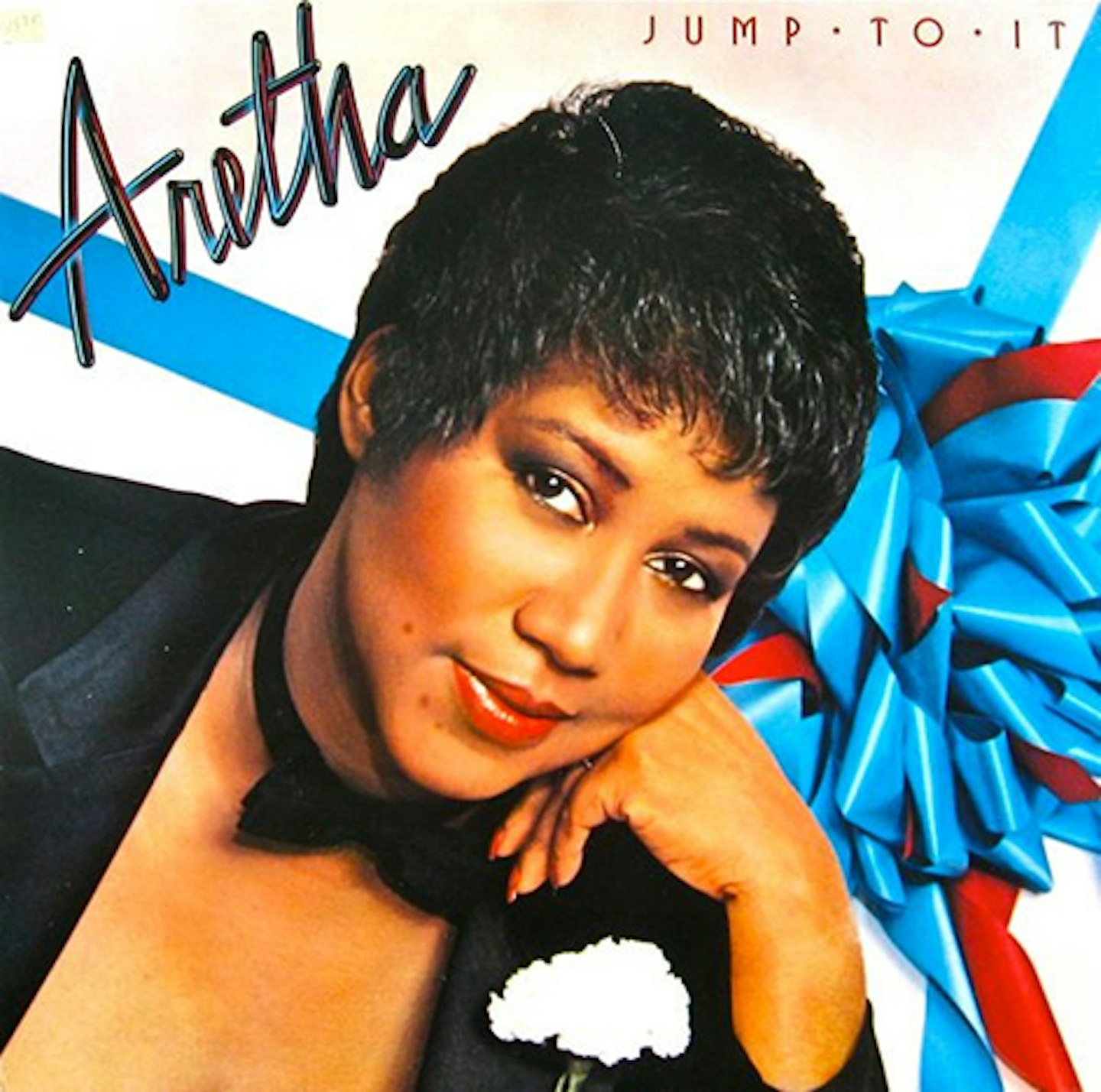
Addressing Aretha’s later years is an exercise in perspective. Steadily through her Arista era, 1980-2003, her voice loses power as she and her producers chase changing styles. Her music is of a piece with the market, perhaps, yet she used to be a leader, so far ahead of any competition. There’s probably one decent CD to be compiled out of all her Arista works but, clearly, the Luther Vandross- produced Jump To It is the best stand-alone set. Five of her 10 for Arista are on Original Soul Classics (not to be confused with Rhino’s Original Soul Series, which has five truly classic Atlantic LPs). By the early ’90s, she needed to work with Anti- or the like.
9.
The Essential… The Columbia Years
SONY, 2002
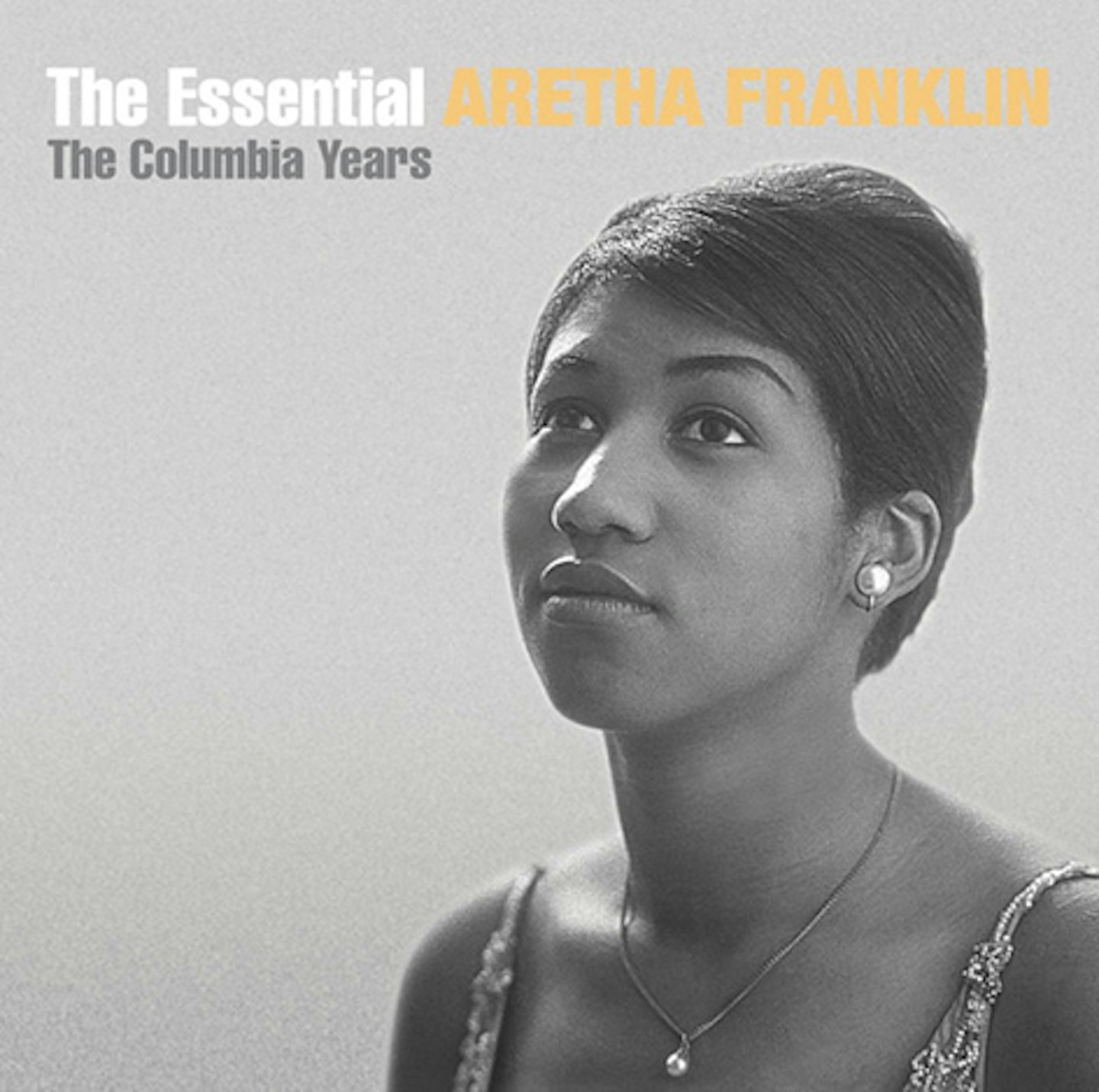
Signed by John Hammond in 1960, Aretha’s voice soars and swoops in a soon-to-be-familiar style but the jazz arrangements, be they small group or big band, are very 1950s, not the thing to be in the ’60s. Still, her exciting promise is obvious. The 10 or so CBS LPs have been shuffled into many compilations and 2-on-1s, this 2CD digest of her music between 1960-65 was released in 2002 as The Queen In Waiting. Listen to CD1 Track 8, Won’t Be Long, or CD2 Track 10, Soulville, to hear jazz royalty trying on the soul crown. Ace’s Just A Matter Of Time is a good if less varied comp of the CBS years.
8.
Let Me In Your Life
ATLANTIC, 1974
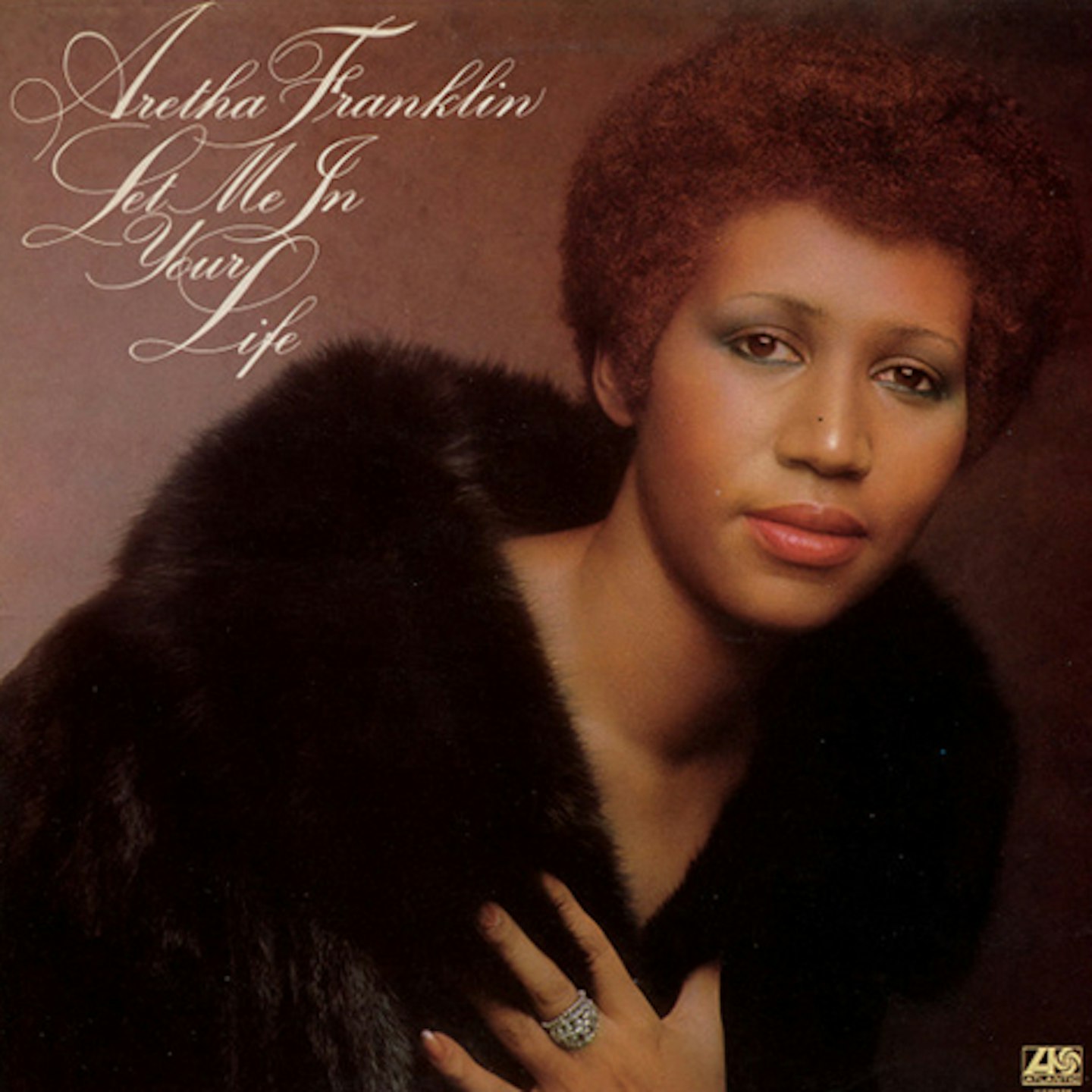
After 1973’s Quincy Jones-produced Hey Now Hey (The Other Side Of The Sky), recorded in Los Angeles, Aretha reverted to the East Coast (New York and Miami), which seemed to suit on this final, genuinely strong Atlantic album. By now, her style has very clearly evolved – the gospel tones and effects in her voice are more muted and some larger orchestrations are evident again. Her choice of material is interesting, with light pop-soul from Stevie Wonder’s sweet Until You Come Back To Me and Bobby Womack’s I’m In Love, but the real grits come in the soul survivin’ version of Eddie Hinton’s Every Natural Thing.
7.
Young Gifted, And Black
ATLANTIC, 1972
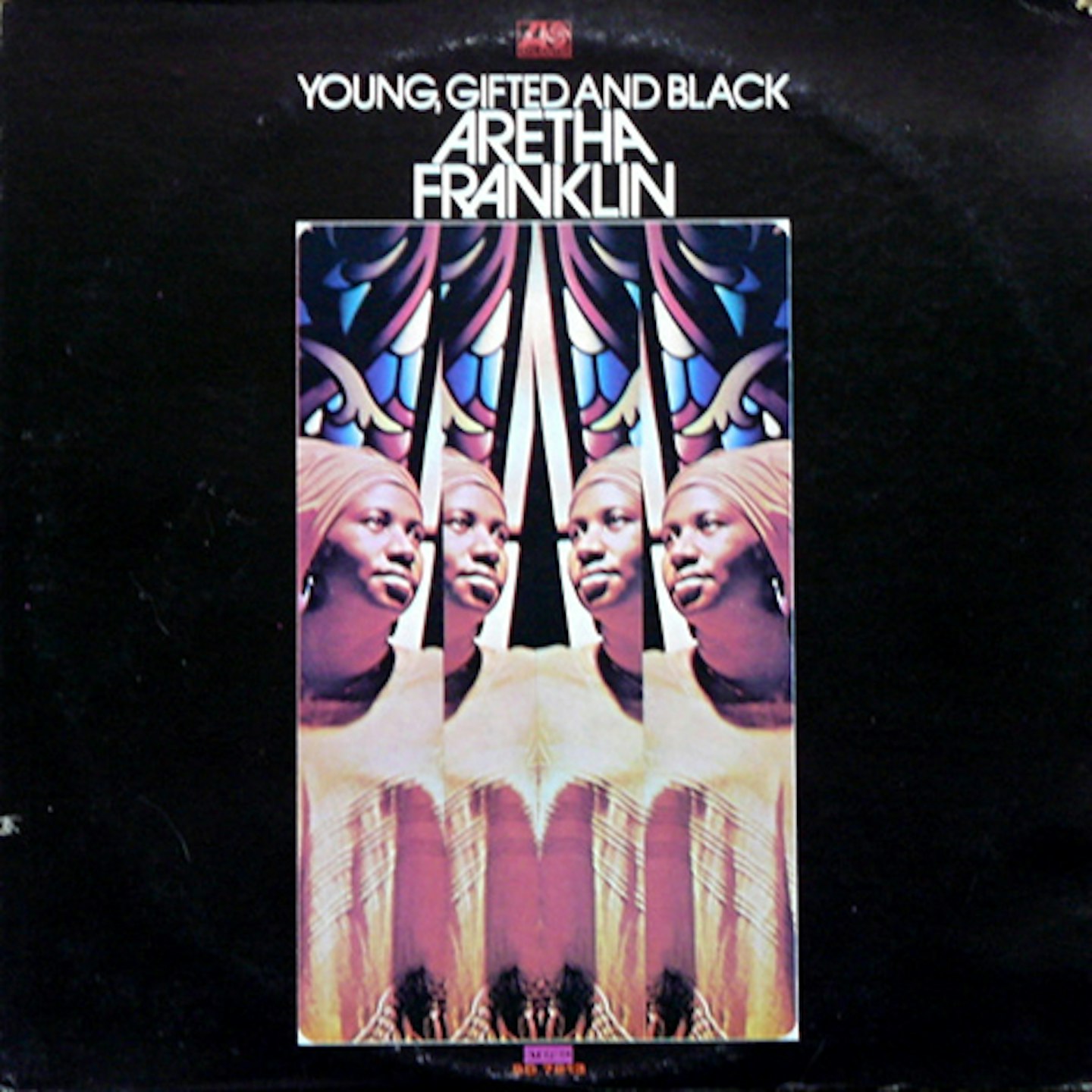
The start of the third stage of her Atlantic era, Young, Gifted And Black saw her focus ease away from southern musicians. The cover image (headwear, dress and stained glass background), shot by then partner Ken Cunningham, echoes that year’s gospel release (Amazing Grace) but title track aside there’s little politicising, just a strong soul set with four of her own songs (Day Dreaming, Rock Steady, All The King’s Horses, First Snow In Kokomo, showing a contented, creatively engaged artist) and great covers including Philly (A Brand New Me) and Bacharach/David (April Fools).
6.
Aretha Now
ATLANTIC, 1968
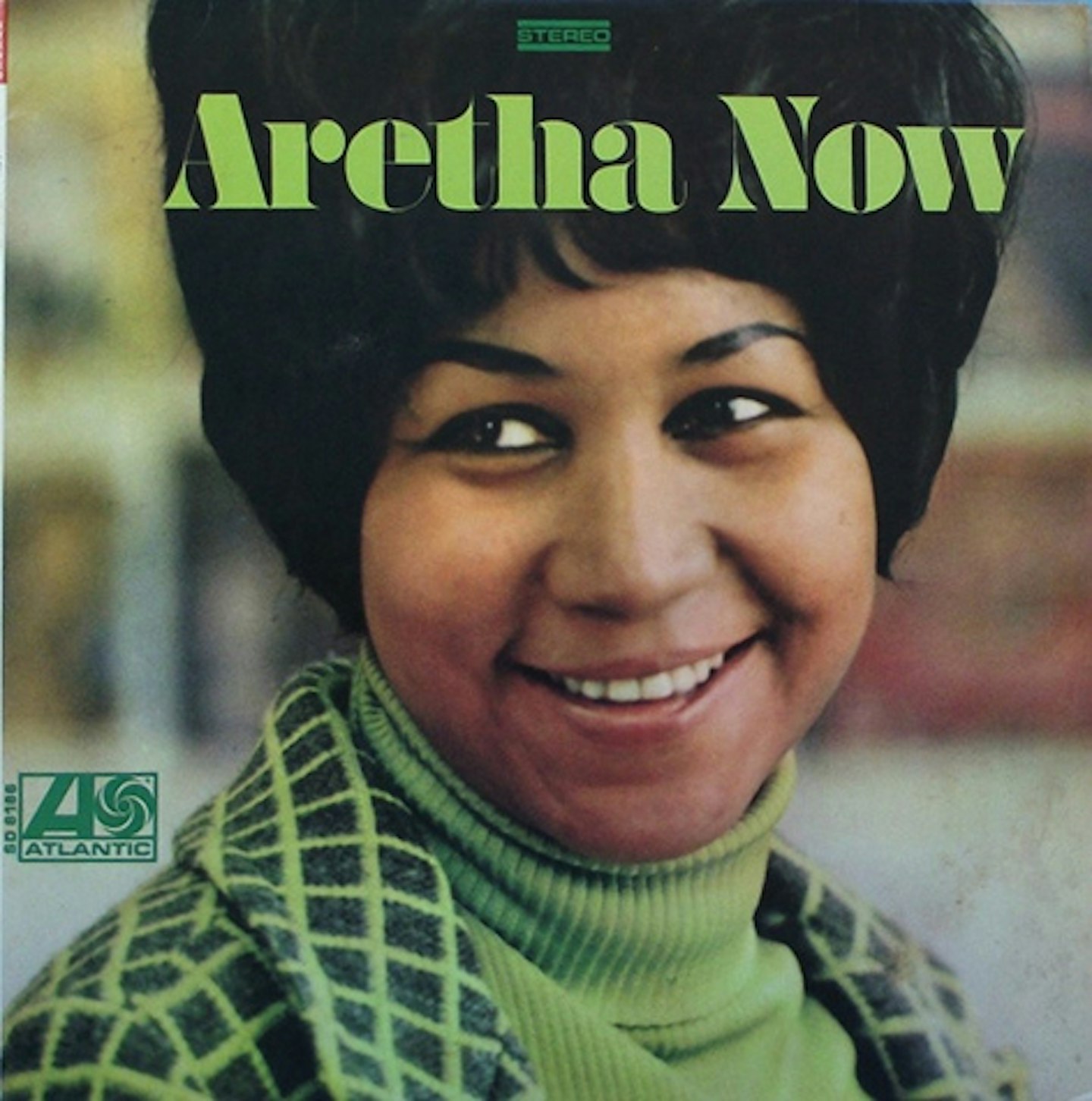
Although taking Aretha to Muscle Shoals had set free her soul genie, that first session turned fractious necessitating a transporting of the Alabama musicians to New York for the rest of I Never… and most of her next five LPs. To get a drummer like Roger Hawkins, it was worth the ticket. …Now, her fourth Atlantic LP, recorded in December ’67 and April ’68, is a return to her very best form. Opening with her own Think, which picks up where Respect left off, the gentler pop-soul of I Say A Little Prayer and a best-ever reading of the lyric to Don Covay’s See Saw, she’s in excellent vocal form, and on piano, too.
5.
Amazing Grace
ATLANTIC, 1972
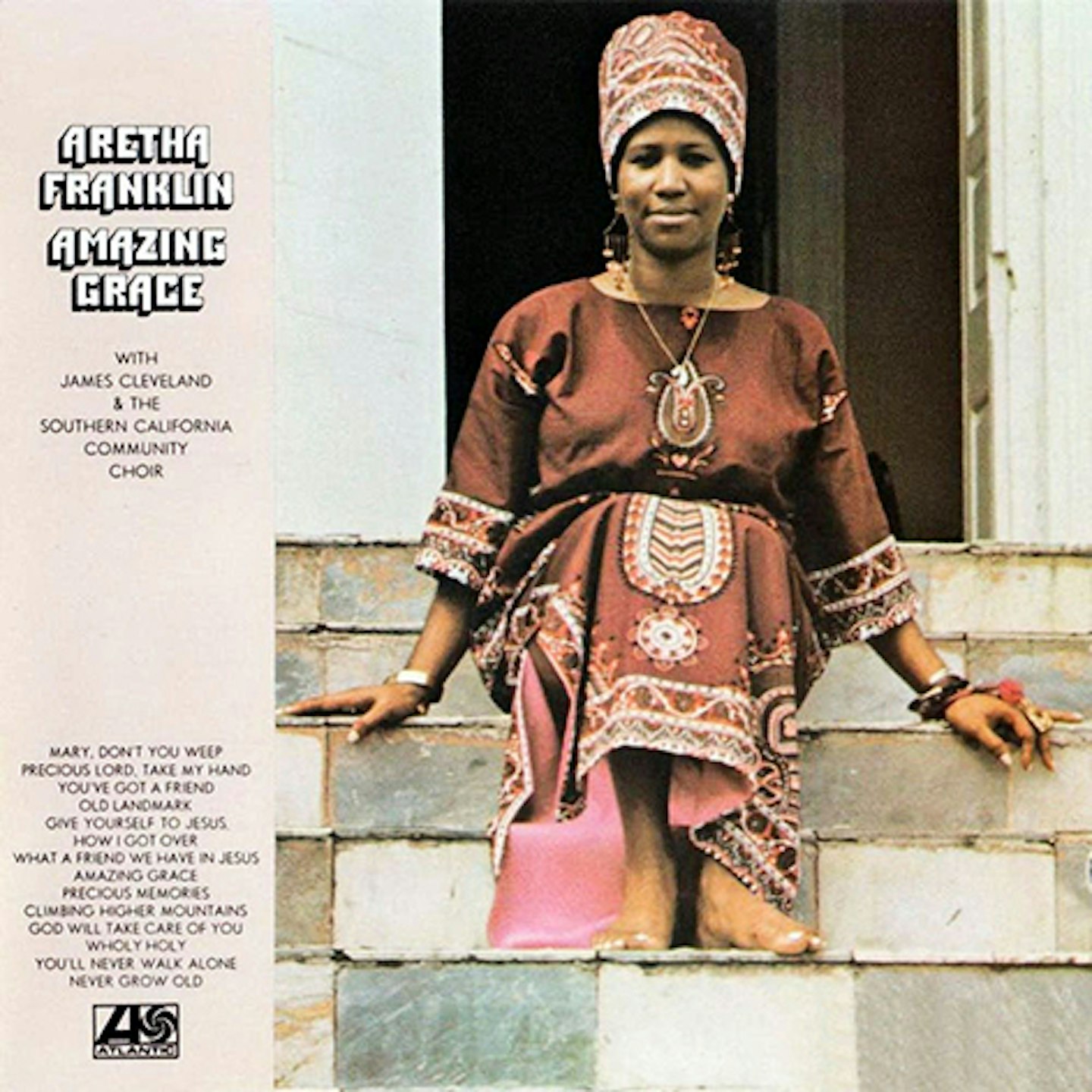
Gospel was Aretha’s wellspring. Still only 14, she sang eight stunningly mature interpretations at her father Rev C.L. Franklin’s church in Detroit (collected on Songs Of Faith). In July 1987 she returned for One Lord, One Faith, One Baptism. Betweentimes came this masterpiece, recorded in January 1972 in Los Angeles with James Cleveland and the mighty Southern California Community Choir. From rousing opener Mary Don’t You Weep via rampant Old Land-mark to exultant How I Got Over and trad material like the title track she praises, explores and soars in a continual dialogue with choir, small band and ‘upset’ congregation.
4.
Live At Fillmore West
ATLANTIC, 1971

Shortly after Amazing Grace, Aretha sang live in Philadel-phia at a 1972 DJs convention. The tapes, discovered in 2003 and issued as Oh Me, Oh My, reveal a relaxed set, but the tension and growth of her shows in San Francisco over a three-day period in ’71 grips. This 2006 expanded …Fillmore West has a good digest of her sets (March 5, 6, 7). Using King Curtis’s band, she burns up on opener Respect and the thrilling, soulclappin’ closer Spirit In The Dark every night. The sets got better each evening and she completely owns all the pop and soul covers, taking ’em all to church.
3.
Spirit In The Dark
ATLANTIC, 1970
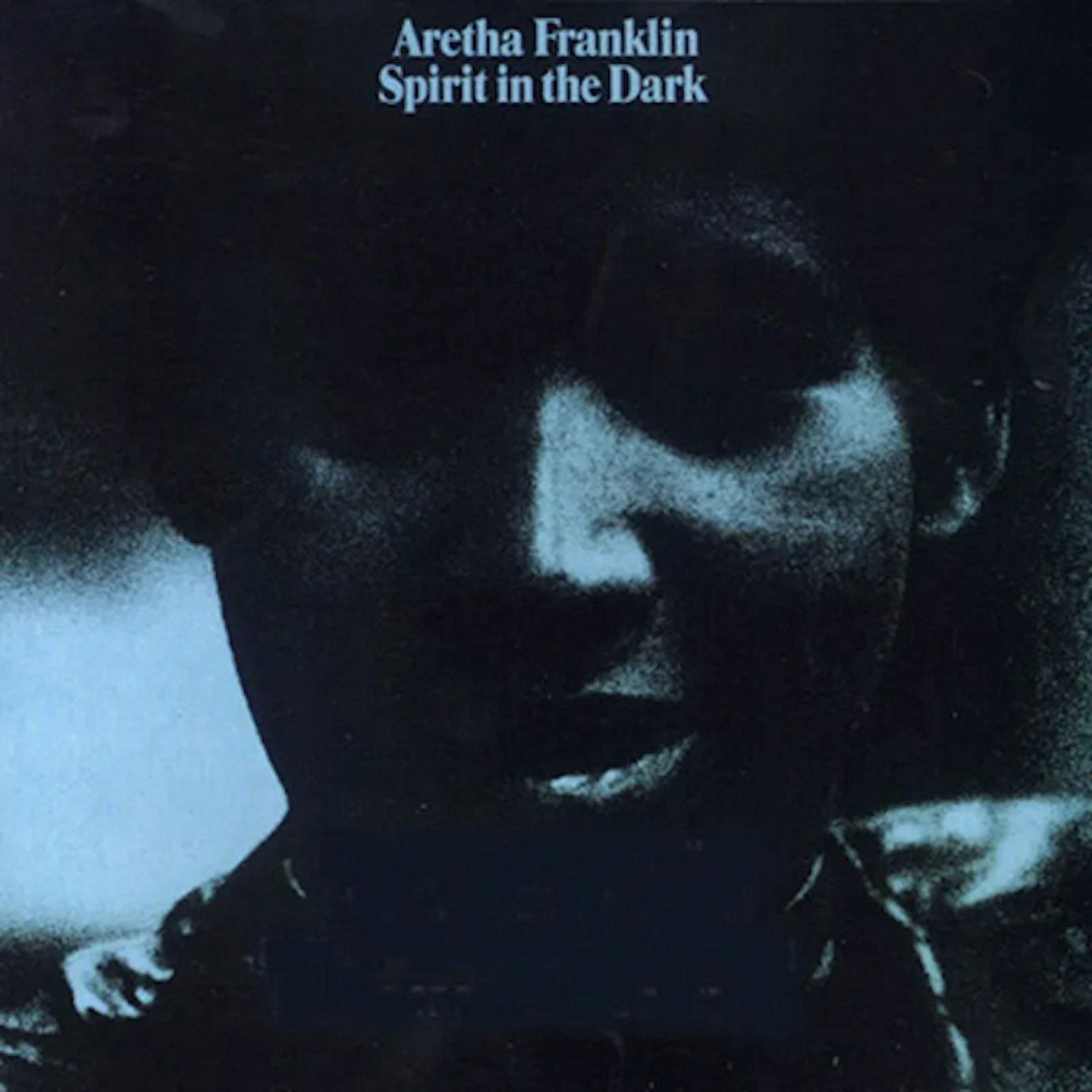
A highpoint in phase two of her Atlantic tenure as her split with husband-manger Ted White is left well behind and the focus of recording moves to Criteria studios in Miami (a shift started on This Girl’s In Love With You). Murky sleeve photo and album title aside, the mood is almost entirely ‘up’ from the first track, a lyric-defyingly joyful Don’t Play That Song, to the last. Five of the 12 songs are Aretha originals, her piano solos give the tracks a real lift and there’s a good spread of her blues, pop, gospel, jazz and soul material – When The Battle Is Over, Pullin’, title track, Oh No Not My Baby are all stand-outs on another masterpiece.
2.
Lady Soul
ATLANTIC, 1968
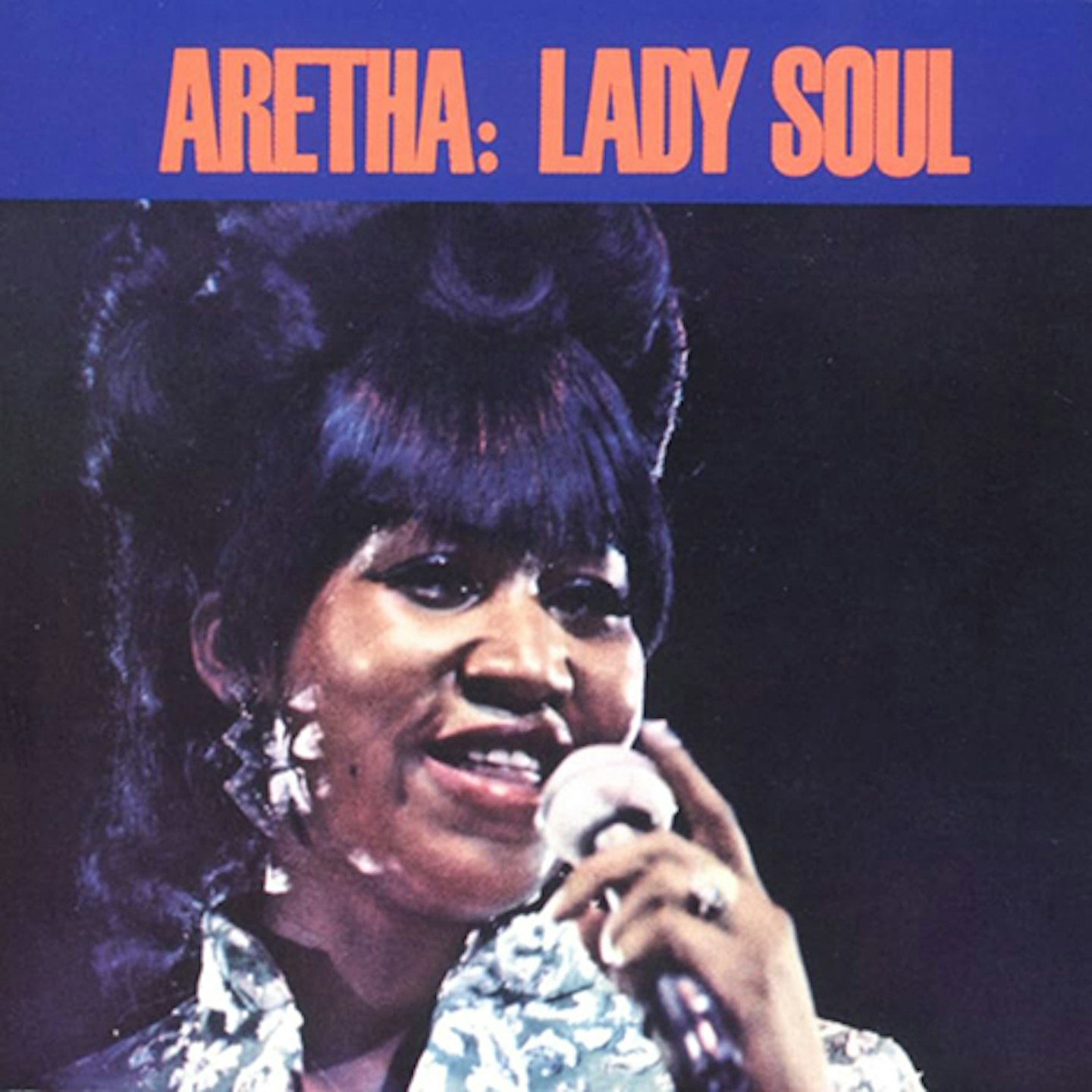
Her third Atlantic LP, after the pause for breath of Aretha Arrives, Lady Soul is a set of soul covers (Don Covay’s Chain Of Fools the big hit; Curtis Mayfield’s People Get Ready a gospel soar; Ray Charles’ riproarer Come Back Baby), pop hits (a transcendent take on Carole King’s (You Make Me Feel Like) A Natural Woman, a lovely Groovin’) and two originals (the upbeat “come back” of (Sweet Sweet Baby) Since You’ve Been Gone and the blues, Good To Me As I Am To You), both seeming to signpost her troubled relationship with husband, manager Ted White. Baby sister Carolyn’s Ain’t No Way ends on a pleading note.
1.
I Never Loved A Man The Way Love You
ATLANTIC, 1967
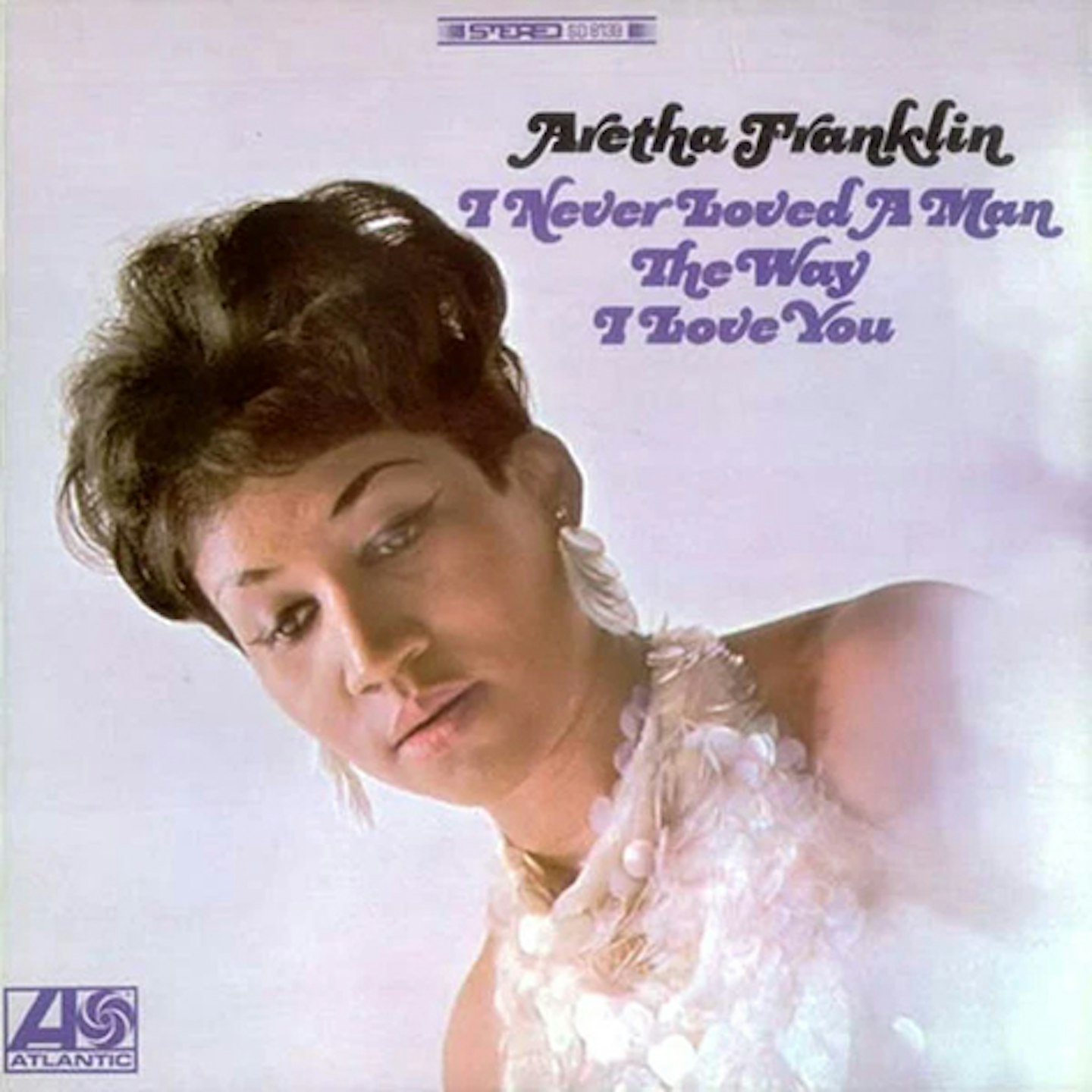
Not only the best Aretha album, but arguably the best ’60s soul album, period, certainly the best new-label debut. Legend has it the masterwork was created by the simple expedient of sitting Aretha at a piano and letting the music take her where it will. Actually, she played piano a lot on the CBS records. Producer Jerry Wexler’s real coup was to strip away the flutes, strings, vibes, brushed drums and string bass and let the pared-down southern rhythm section reconnect Aretha with her gospel roots. Otis Redding’s Respect turns from a domestic dispute into a proto-feminist/black power anthem; her closer, an exultant reading of Sam Cooke’s A Change Is Gonna Come, is the perfect bookend.
